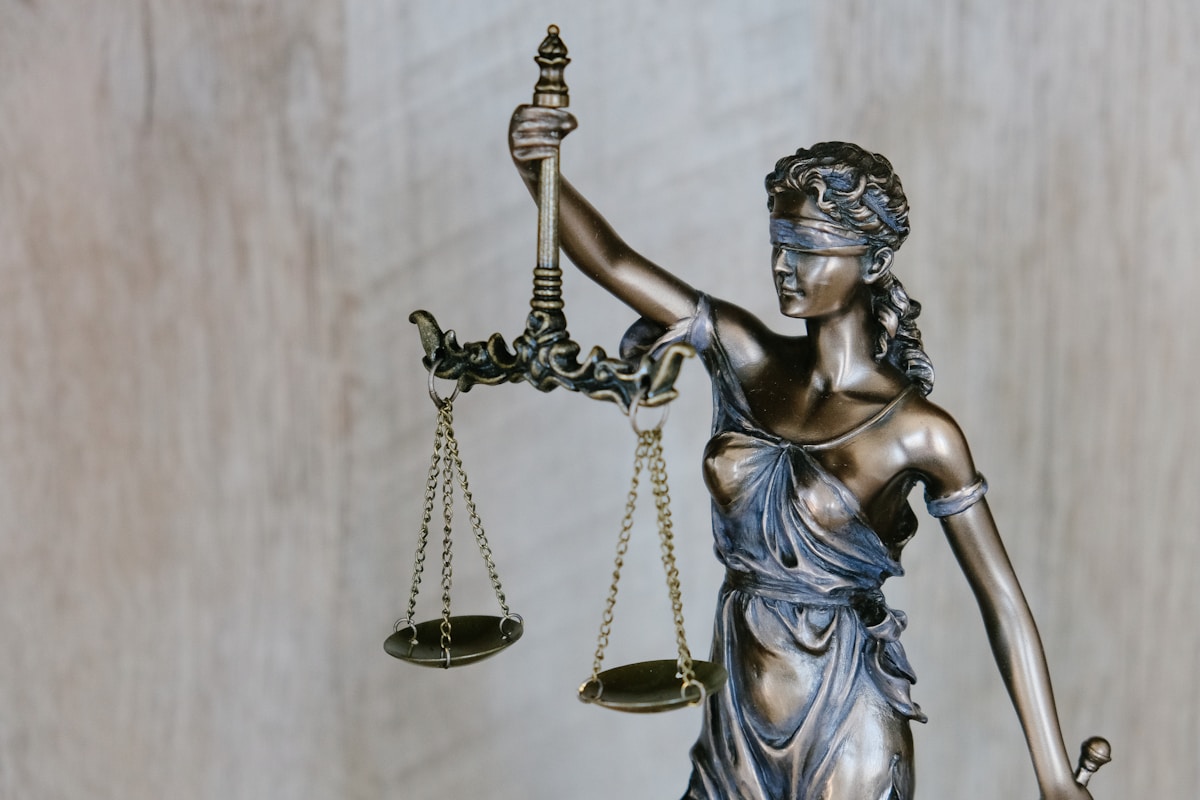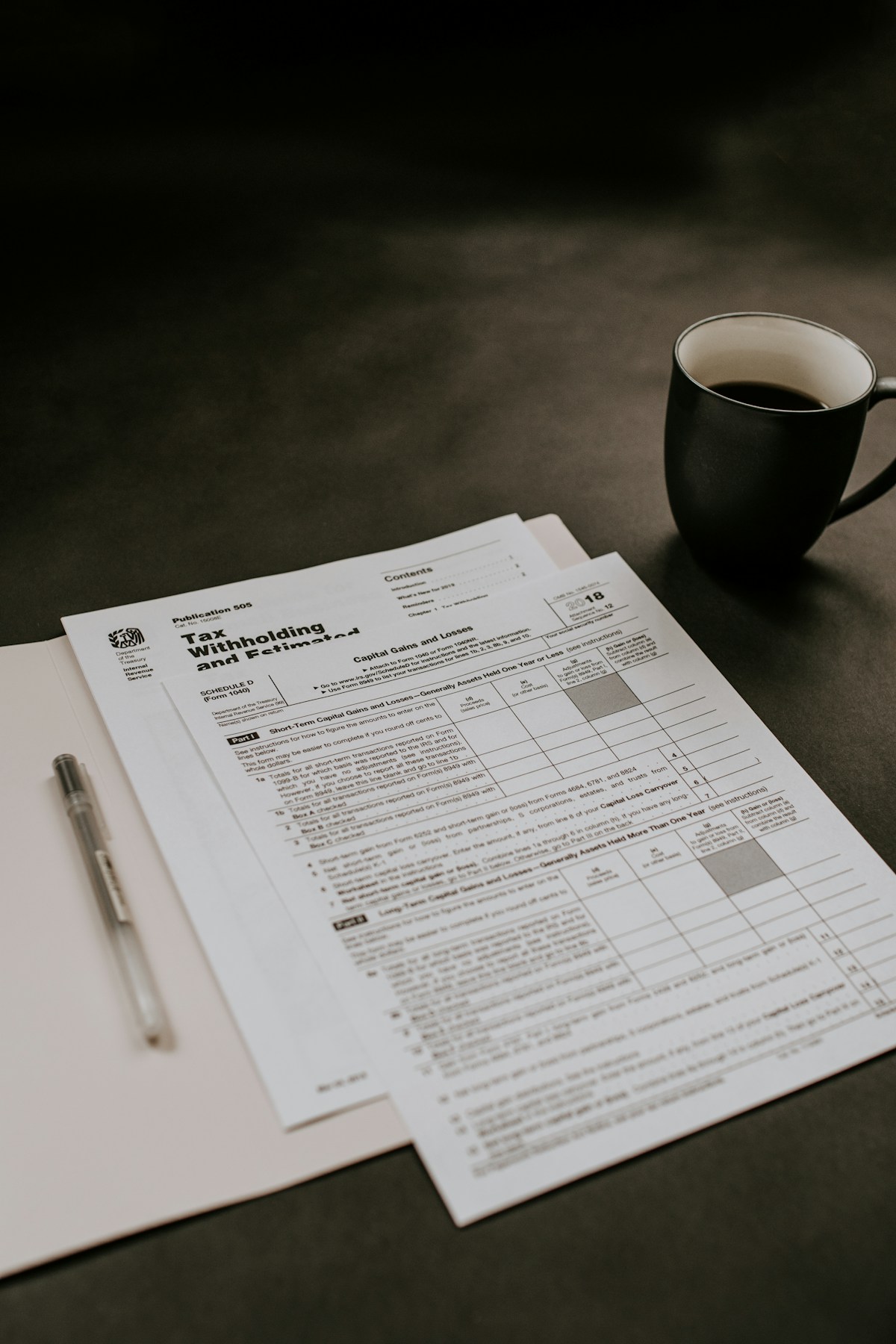Understanding the critical legal rights and responsibilities that govern the landlord-tenant relationship.
The landlord-tenant relationship is governed by a complex web of federal, state, and local laws that establish rights and responsibilities for both parties. Understanding these legal protections is essential for maintaining harmonious rental relationships and avoiding costly disputes. This comprehensive guide outlines the fundamental legal rights that every landlord and tenant should know.
Rights and Responsibilities in the Rental Application Process
Landlord Rights
- Screening applicants - Landlords can evaluate potential tenants based on legitimate criteria such as credit history, income verification, rental history, and criminal background checks
- Application fees - In most states, landlords can charge reasonable application fees to cover the costs of screening
- Rejecting applications - Landlords can decline applications based on legitimate business reasons such as insufficient income or poor rental history
Tenant Rights
- Fair housing protections - The Federal Fair Housing Act prohibits discrimination based on race, color, national origin, religion, sex, familial status, or disability
- Transparency - Tenants have the right to know what criteria will be used for evaluation
- Privacy - Sensitive information collected during the application process must be handled securely
Legal Rights Regarding Lease Agreements
The lease agreement forms the foundation of the landlord-tenant relationship, establishing legally binding terms for both parties.
Landlord Rights in Lease Agreements
- Setting lease terms - Landlords can establish rental amount, duration, payment terms, and rules for property use
- Requesting cosigners - For applicants with insufficient credit or income
- Enforcement of lease terms - Legal right to enforce contractual obligations
Tenant Rights in Lease Agreements
- Clear disclosure of terms - Leases must clearly state rent amount, due date, security deposit requirements, lease duration, and all other material terms
- Protection against illegal provisions - Lease clauses that waive legal rights, exempt landlords from legal responsibilities, or impose excessive penalties may be unenforceable
- Lease stability - Protection against arbitrary changes during the lease term
Security Deposit Laws
Security deposits are one of the most common sources of landlord-tenant disputes, with strict legal regulations in most jurisdictions.
Landlord Rights Regarding Security Deposits
- Collection - Landlords can collect security deposits (though many states limit the maximum amount)
- Deductions - Landlords can deduct for unpaid rent, damage beyond normal wear and tear, and other lease violations
- Holding period - Most states allow landlords to hold deposits until after the tenant moves out
Tenant Rights Regarding Security Deposits
- Deposit limits - Most states cap the maximum security deposit amount (commonly 1-2 months' rent)
- Return timeline - Security deposits must typically be returned within 14-30 days after move-out (varies by state)
- Itemized deductions - Tenants have the right to receive detailed explanations of any deductions
- Interest payments - Some states and municipalities require landlords to pay interest on security deposits
Property Maintenance and Habitability
Maintenance responsibilities are critical for both protecting the property investment and ensuring tenant safety.
Landlord Maintenance Responsibilities
- Warranty of habitability - All rental properties must be fit for human habitation with:
- Weatherproof roof and exterior walls
- Working plumbing and sanitary facilities
- Hot and cold running water
- Safe electrical systems
- Heating systems capable of maintaining reasonable temperatures
- Mitigation of pest infestations
- Compliance with building, health, and safety codes
- Timely repairs - Legal obligation to address maintenance issues within reasonable timeframes
- Common area maintenance - Responsibility for hallways, stairwells, elevators, and exterior grounds
Tenant Maintenance Responsibilities
- Ordinary cleanliness - Maintaining reasonable sanitation standards
- Property care - Using facilities and appliances properly
- Damage prevention - Taking reasonable precautions to prevent damage
- Timely reporting - Promptly informing landlords of maintenance issues
Right to Privacy and Access Rules
Balancing landlord access rights with tenant privacy requires understanding specific legal boundaries.
Landlord Access Rights
- Entry for repairs - Right to enter for necessary maintenance
- Property inspections - Periodic inspections with proper notice
- Emergency access - Immediate entry for genuine emergencies (fire, flooding, etc.)
- Showing property - Access to show the unit to prospective tenants or buyers (typically near lease end)
Tenant Privacy Rights
- Notice requirements - Most states require 24-48 hours written notice before entry (except emergencies)
- Reasonable times - Entry typically restricted to normal business hours
- Harassment protection - Legal safeguards against excessive entries or privacy violations
- Exclusive possession - The fundamental right to occupy the property without undue interference
Rent Increase Regulations
Rules governing rent increases vary significantly by location, with some jurisdictions imposing strict controls.
Landlord Rights Regarding Rent
- Market-based pricing - In areas without rent control, landlords can generally set rents at market rates
- Periodic increases - Ability to raise rent at lease renewal or after proper notice in month-to-month tenancies
Tenant Protections Against Rent Increases
- Rent control/stabilization - Some cities limit how much rent can increase annually
- Fixed lease protection - Rent cannot typically be increased during a fixed-term lease unless the agreement specifically allows it
- Notice requirements - Most states require 30-60 days written notice before implementing rent increases
- Retaliation protection - Rent cannot be increased as punishment for a tenant exercising legal rights
Eviction Procedures and Protections
Eviction is a formal legal process with strict procedural requirements that protect both parties' rights.
Landlord Eviction Rights
- Non-payment evictions - Right to evict tenants who fail to pay rent
- Lease violation evictions - Eviction for significant lease violations
- Property damage evictions - Removal of tenants causing substantial damage
- Illegal activity evictions - Expedited process for criminal activity on premises
Tenant Eviction Protections
- Due process - Eviction requires proper legal procedure; "self-help" evictions (changing locks, removing belongings, shutting off utilities) are illegal
- Notice requirements - Proper written notice (typically 3-30 days depending on cause and jurisdiction)
- Court proceeding - Formal judicial process with opportunity to respond
- Retaliation protection - Prohibition on evictions in response to tenants exercising legal rights
- Appeal rights - Ability to appeal improper eviction judgments
State and Local Variations
While federal laws establish baseline protections, state and local laws often provide additional rights and responsibilities:
- Rent control - Cities like New York, San Francisco, and Los Angeles have strict rent stabilization ordinances
- Just cause eviction - Some jurisdictions require landlords to demonstrate legitimate reasons for ending tenancies
- Security deposit interest - States like Connecticut, Illinois, and Maryland require interest payments on deposits
- Domestic violence protections - Many states provide early lease termination rights for victims of domestic violence
- Source of income protections - Some jurisdictions prohibit discrimination against tenants using housing vouchers or public assistance
Key Takeaways for Landlords and Tenants
For Landlords:
- Maintain detailed documentation of all communications and transactions
- Follow precise procedural requirements for notices, evictions, and security deposit handling
- Respond promptly to maintenance requests, especially those impacting habitability
- Understand and comply with fair housing requirements
- Consider landlord insurance for liability protection
For Tenants:
- Read and understand lease terms before signing
- Document the property condition at move-in with photos and a written inventory
- Report maintenance issues promptly and in writing
- Understand your state's specific tenant protection laws
- Consider renter's insurance to protect personal belongings
By understanding these fundamental legal rights, both landlords and tenants can establish clear expectations, avoid common disputes, and maintain positive rental relationships that benefit both parties.






